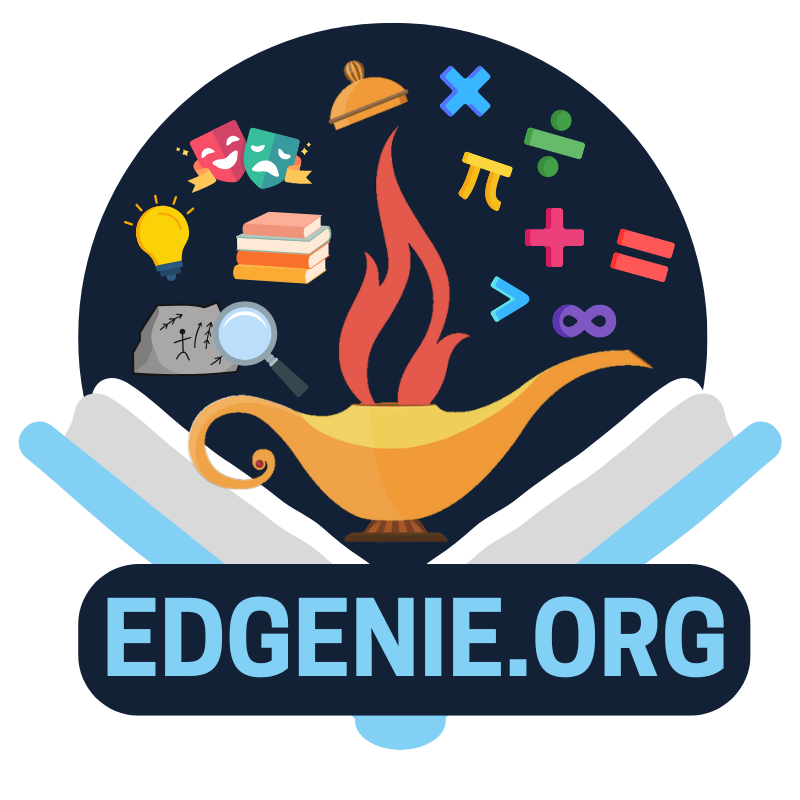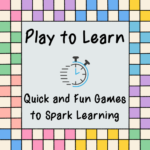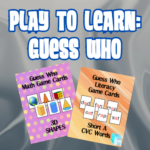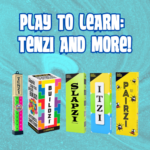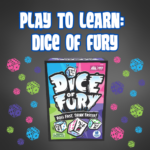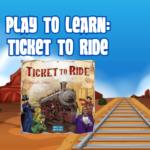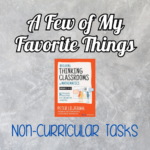Play to Learn: Quick and Fun Games to Spark Learning
International Games Month is the perfect time to celebrate how games can transform learning into an engaging and meaningful experience. Whether you’re looking for a quick classroom activity or a fun family game night, these short, educational games deliver big on fun and skill-building. I recently brought these games to the Association of Mathematics Teachers of New York State Annual Conference, where they were placed around the room during the opening night cocktail hour. They were a HIT! Here’s a roundup of some fantastic options: 1. Tsuro In this beautiful tile-laying game, players guide their markers along paths, aiming…
Embracing the Fidget: Fidget Deals for the New School Year!
It is great to be back to the blog, after our end of summer break! I hope you all had a wonderful rest of your summer and were able to recharge before the beginning of the school year. The beginning of the school year is all about setting expectations within the school building and classrooms or teaching areas. In my last post, I explored how incorporating fidgets into professional development sessions can help educators better understand the potential of fidgets in the classroom. I also shared some favorite fidgets, offering practical options to enhance focus and engagement for both students…
Play to Learn: Guess Who
Guess Who– one of the games we all grew up playing and that we probably have in our game closets, if we have kids. The classic game is a fun way to practice deduction, observation, and strategic questioning skills. Just a quick review of the simple rules of the game Each player randomly selects one character from a separate pile of cards. The goal is to guess the opponent’s chosen character by asking yes-or-no questions about their character’s features. Players take turns asking yes or no questions. Players eliminate characters on their board who don’t match the given features. The…
Play to Learn: Tenzi and More!
Today in the Play to Learn series, we are deep diving into the TENZI family of games! We will begin with the original TENZI game, that began this collection of games. TENZI is an exciting and quick-paced dice game that promotes fast reactions and is very easy to learn. To play TENZI, you roll your 10 dice as quickly as possible. The game comes with instructions for eight additional variations, including SPLITZI, MEGA TENZI, and TENZI TOWER. Playing TENZI helps children develop rapid and confident number recognition while being highly enjoyable and straightforward to play. It’s ideal for early finishers…
Play to Learn: Dice of Fury
The first three games we have looked at in our Play to Learn series have been games that take longer to play. Settlers of Catan, 60-90 minutes Carcassonne, 30-90 minutes Ticket to Ride, 30-60 minutes There are ways that teachers can be creative with how the games are played, saved, collaboratively played across different classes of the day, but sometimes we need quick games. Quick games can still connect to content in the classroom, but are time savers! Here is one of my FAVORITE short games to use in the classroom! Dice of Fury Think Yahtzee, with more…
Play to Learn: Ticket to Ride
The first American Style board game we will look at in the Play to Learn series is Ticket to Ride. This is one of the easier strategy games to play when entering this genre of games. It is in the group of games I first learned how to play and one of the first games I teach and suggest to new groups of gamers! Ticket to Ride is a cross-country train adventure where players gather and play matching train cards to claim railway routes connecting cities across North America. Longer routes earn more points. Additional points are awarded to players who…
A Few of My Favorite Things- Non-Curricular Tasks
Within the past few years, Peter Liljedahl’s book, Building Thinking Classrooms in Mathematics for grades K-12, has blasted off in the mathematics education world! This popular book outlines 14 Teaching Practices for Enhancing Learning- all focusing on a math classroom. Over many years of research in a variety of schools and locations, he noticed that students were not thinking about math. Enter his 14 best practices to improve how we get students to think about math. The tasks we give during a math class, based on his research, are based off of years of institutional norms. The way our parents learned…
Embracing the Fidget: A Transformative Approach to PD for Teachers
As a Mathematics Teacher Trainer, I’ve discovered that working with adults during professional development sessions is remarkably similar to teaching in a classroom. Teachers often joke that they are the worst students, and there’s some truth to that. Teaching is an exhausting profession. You’re always “on,” wearing multiple hats, and masking your true feelings to be the best educator for your students. The stress is compounded when you have to plan for a substitute teacher, knowing that your students might only receive review material instead of advancing in new lessons. You might even have to reteach the content upon your…
